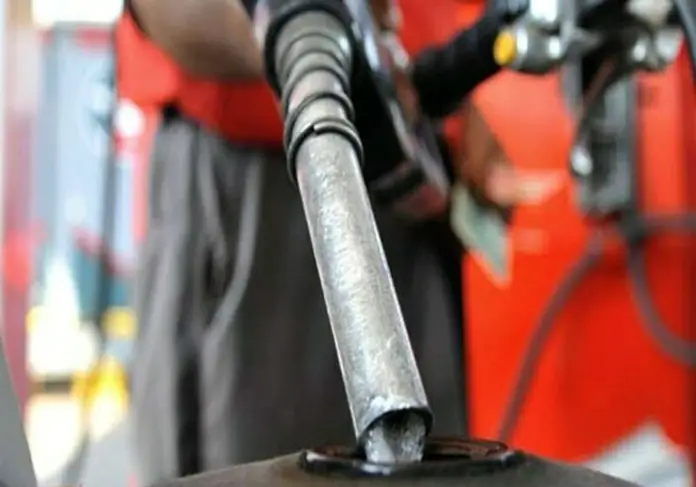In response to the surge in fuel prices and concerns raised by the oil industry regarding the influx of smuggled oil products, the government is expediting the process of deregulating petroleum prices. The objective is to shift public attention to oil marketing companies (OMCs).
Deregulating the In-Country Freight Equalization Margin (IFEM) mechanism is expected to result in significant price variations between cities and among different oil companies.
This could lead to price differences ranging from Rs3 to Rs8 per liter, influenced by transportation costs. Consumers residing near ports and refineries may experience lower prices, while those located farther away could face higher costs.
The petroleum division has instructed the Oil and Gas Regulatory Authority (OGRA) to deliver a presentation within three days regarding the analysis and implications of deregulating petroleum product prices, specifically focusing on IFEM and related factors.
As per an official quoted in Dawn, the finalization of the deregulation framework would necessitate approval from the federal cabinet and the Special Investment Facilitation Council (SIFC). Deregulating petrol and high-speed diesel (HSD) pricing would eliminate uniform pricing nationwide, allowing oil companies to independently determine prices for various cities and towns.
Currently, petroleum prices are already deregulated by law, with the government only notifying kerosene prices for retail. For other products such as petrol, HSD, and light diesel oil, the government notifies tax rates and fixed profit margins. OGRA and the Ministry of Finance adjust IFEM to maintain uniform pricing.
Under the proposed framework, petrol and diesel prices, along with OMC and dealer commissions, are expected to be completely deregulated, following the model of high-octane blending component (HOBC).
Despite capacity and outreach limitations, OGRA and the Competition Commission of Pakistan would assume greater responsibilities in ensuring product quality, availability, and fostering competitive market conditions to prevent collusion and cartelization.







